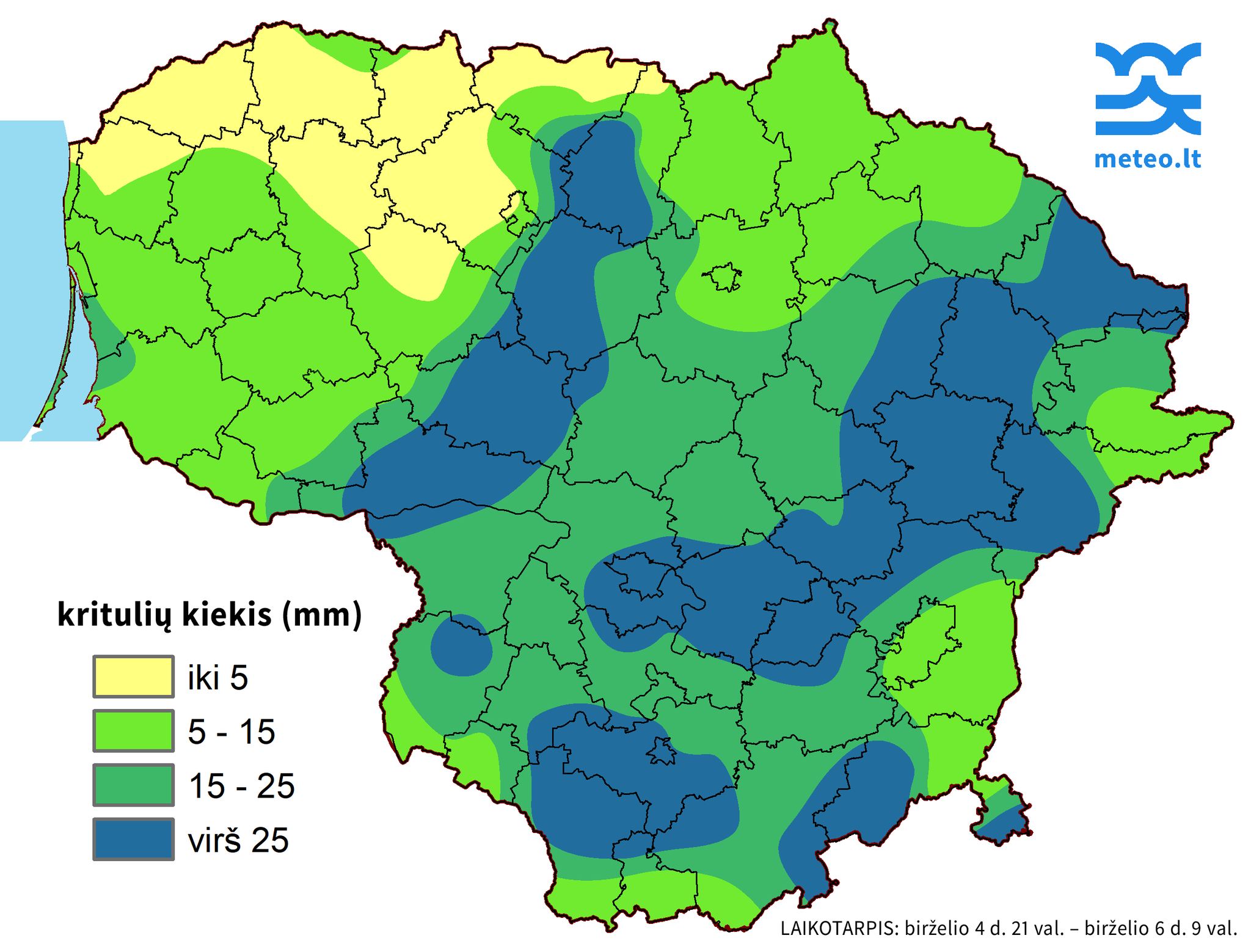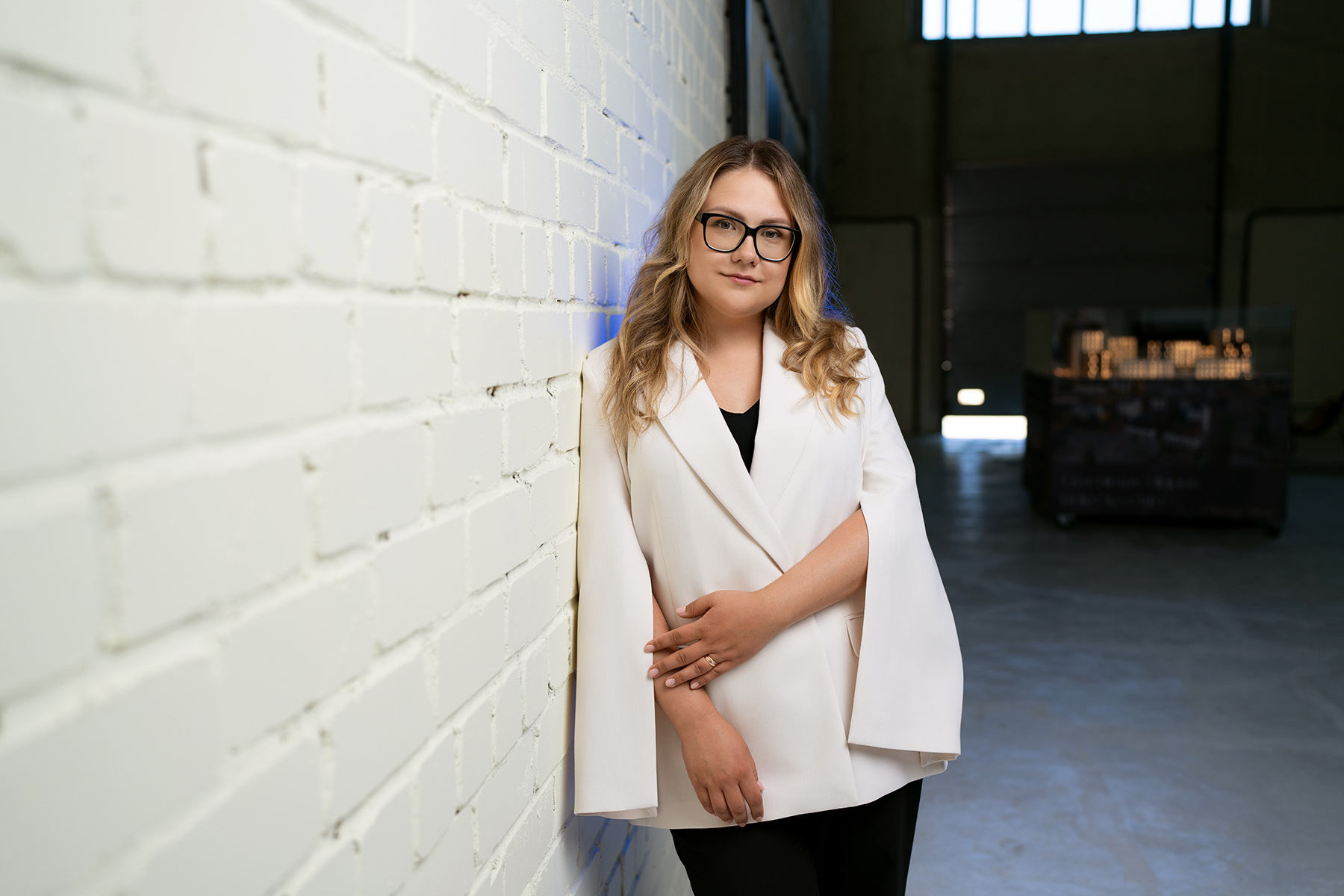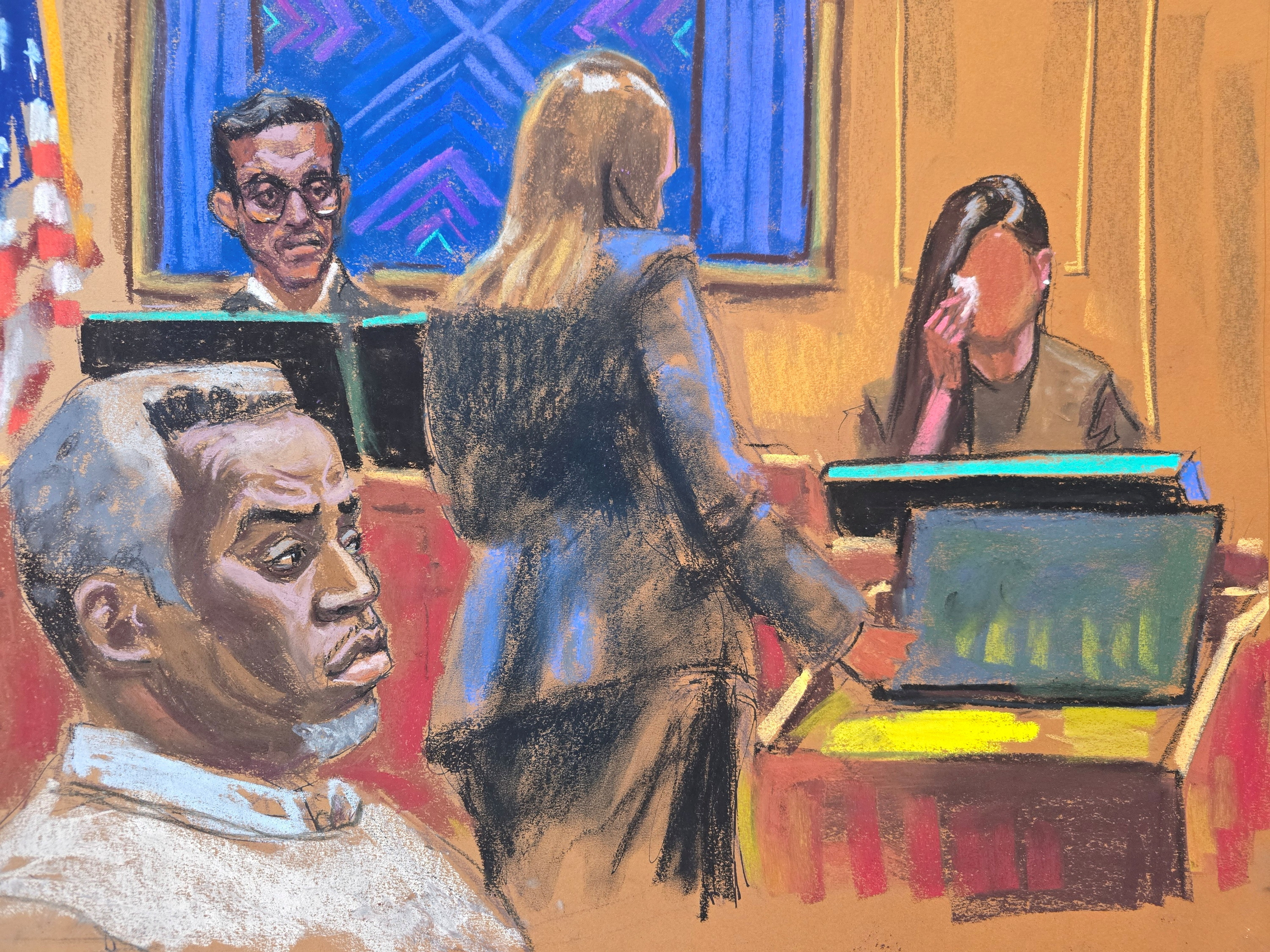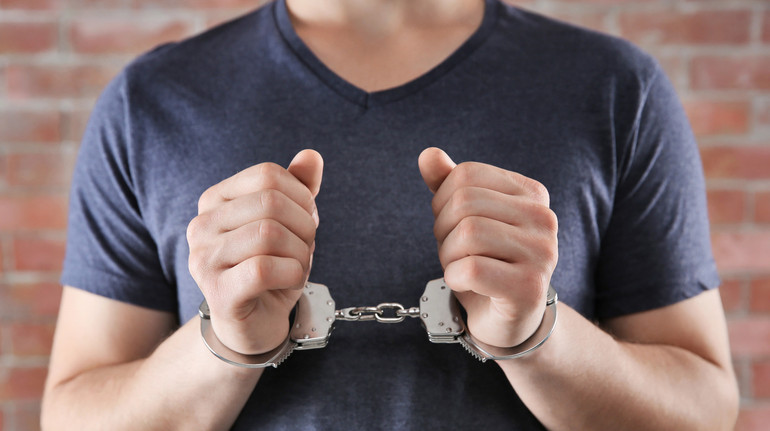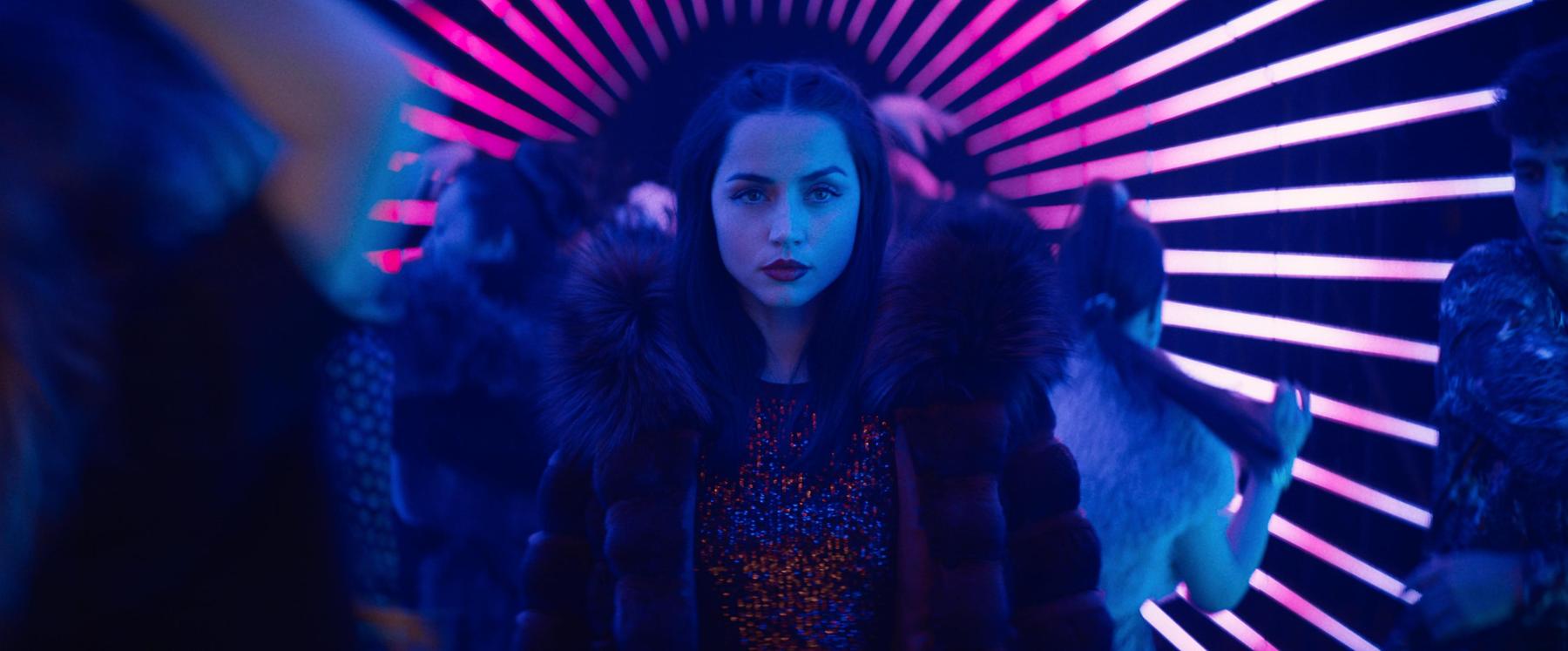The anniversary of the Klaipeda Council: 35 years of freedom
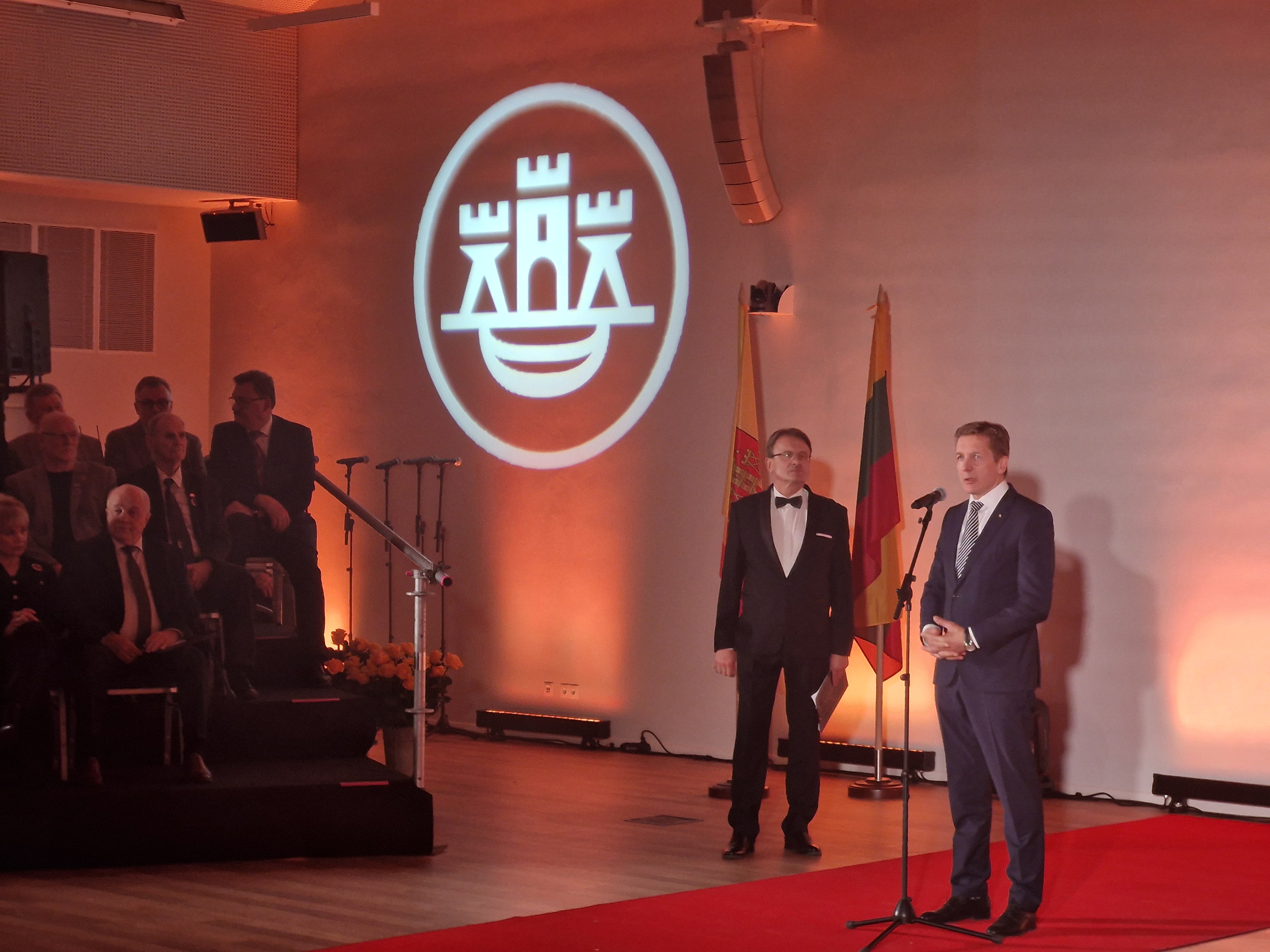
Just 35 years ago, on April 13, in the afternoon, the Klaipėda City People’s Deputies Council, which worked in 1990-1995, gathered at the first meeting.
The Council consisted of 55 deputies – 54 Movers and the only Rimantas Tarashevich – not a deputy supported by the Sąjūdis, but the movement.
The candidacy of the President of the City Council did not raise much public debate at that time, and Vytautas Čepas, a former People’s Deputy of the USSR, and Member of the Seimas of the Lithuanian Reform Movement, was proposed.
Povilas Vasiliauskas was elected mayor.
Just five days after the first meeting of the newly elected city council, the Soviet Union announced a blockade to Lithuania.
The new Klaipeda politicians were quite skillful in this difficult period.
It was the first council that had complex political trials-on January 13.
Not all Klaipeda residents know that thanks to the majority of these people, there was no bloodshed in Klaipeda, although the Soviet army units were ready for combat actions.
The council also had to withstand the constant attacks and pressure of the anti -state Jedinstvo organization, to get rid of Soviet symbols – Lenin’s statues and the cannon symbolizing the Soviet military force in the present Lithuanian Square.
The council had to survive a considerable tension through Moscow’s puppy, when events in Lithuania and Klaipėda could have had a useless direction for our country.
Throughout the term, the only Klaipeda was not changed by the city leaders – the chairman of the council V. Čepas and his deputy Nijolė Požarskienė. This was an important role in the management of the city.
On Sunday, the first council deputies gathered at the heart of the city, which was opened three decades ago at the heart of Klaipeda Castle – the heart of the city, which was opened three decades ago.
Photo by Asta Dykovienė
The residents of Klaipeda who worked for the city and the country had something to remember and enjoy what to enjoy.
During their term, the construction of the Seamen’s Hospital was completed, the Lithuanian Maritime Museum was completed, Klaipėda University, LCC International University, and a Blacksmith Museum was established.
Then V. Čepas, who was sitting in the chair of the Klaipėda City Council, did not know how difficult the challenges were, he did not suspect that he would soon have to go to the edge of the abyss, to worry about his lives and his relatives. It was remembered to commemorate 35 years of freedom.

